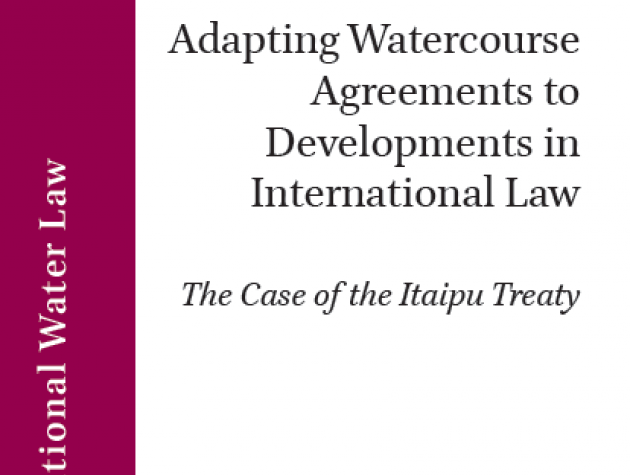Assessing the effectiveness of multilateral organizations
We need multilateral institutions to be effective and deliver global public goods including: refugee protection, humanitarian relief, and global health standards. But how do we know when multilateral organizations work? There is a growing field of international assessments which inform donor strategies, share good practices between multilaterals, provide systematic information on development results, and improve the performance of multilaterals. These range from state led initiatives such as the UK Multilateral Aid Review (MAR) to multilateral joint-reviews conducted by the Multilateral Organization Performance Assessment Network (MOPAN).
Yet accurately assessing performance and effectiveness is difficult due to the challenges of: combining donors’ and recipients’ perspectives; balancing comprehensive universal assessments with the need to take organizational differences into account. A new Working Paper from GEG's Nina Hall and BSG alumnus Vinicius Lindoso examines the policy and academic literature, and encourages International Relations scholars and practitioners to take up these challenges collectively. These communities could collaborate through workshops, conferences and/or an online network of multilateral assessors. After all it is crucial to assess when and how multilaterals operate effectively, given the scale and scope of global challenges.
Read the paper:







